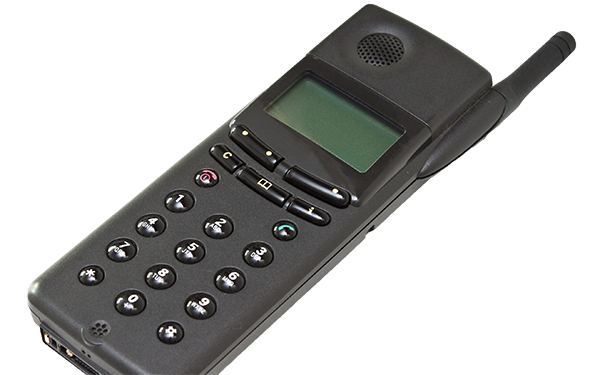Hiler: It’s 2016, So Why Are We Still Thinking (and Arguing) About Education Like It’s 1999?

The 1990s & 2000s called, and they want their education policy back.
It’s no secret that over the last two decades, the K-12 education policy landscape has shifted dramatically. During this time period we’ve seen two iterations of the Elementary and Secondary Education Act (ESEA), the introduction and expansion of school choice options like charter schools, deep and serious conversations about how to measure teacher performance, and major advancements in the collection of student data. Today, there are 5.8% of kids in charter schools (compared to less than 1% in 1999), 1 in 5 teachers complete their training through alternative certification programs like Teach For America, and 23 states now take teacher performance into account before awarding tenure — a number that was zero prior to President Obama taking office.
Yet despite living in what should be seen as a new era of K-12 education, many of the loudest voices in education policy — including from the ranks of both teachers’ unions and education reformers — continue to rehash the same ideological battles of the last 20 years, making it feel as though our education debates have been frozen in time. I mean, are we seriously still fighting about whether charter schools should exist, when 3 million students attend them across 42 states?
Or whether or not Teach for America (TFA) is good or bad when over 42,000 alumni of the program have taught in our classrooms?
Is it really still possible that we’re talking about whether promotion policies that are based entirely on seniority are best if we want to recruit a new generation of highly-qualified teachers?
Failing to acknowledge the “new normal” in education stymies the ability of policymakers — especially Democrats who are often caught squarely between traditional union advocates and ardent reformers — to advance a set of more relevant questions that can move our policies into 2016 and beyond. And with the recent passage of the Every Student Succeeds Act and the imminent departure of the Obama administration, the time is ripe for such a paradigm shift to occur.
A modest proposal, for what this new education debate should look like:
- Moving away from fights about the existence of charter schools to instead focus on promoting non-profit charters over for-profits, and using charters to better integrate our school districts — both racially and socioeconomically.
- Giving teachers more agency in the evaluation process, or making evaluations more fair and inclusive across subject areas and grades instead of trying to revert to a time when a student’s success had no bearing on the rating of his or her teacher (especially given that 42 states and DC already use student achievement data in their evaluation systems).
- Acknowledging that alternative certification is here to stay — TFA did just celebrate its 25th anniversary, after all — and abandoning anti-TFA activism to concentrate instead on making sure teacher preparation programs in all forms produce teachers who are classroom-ready from day one.
It’s these sorts of conversations, among others we lay out in our report on education’s New Normal, that provide Democrats with the opportunity to more effectively steer our progress over the next decade.
The time has come for policymakers, pundits, and education advocates to finally put those Spice Girls CD’s away, lay down their 1990s-era education talking points, and instead advance new policy conversations that actually reflect the reality of today’s classrooms.
Get stories like these delivered straight to your inbox. Sign up for The 74 Newsletter

;)
